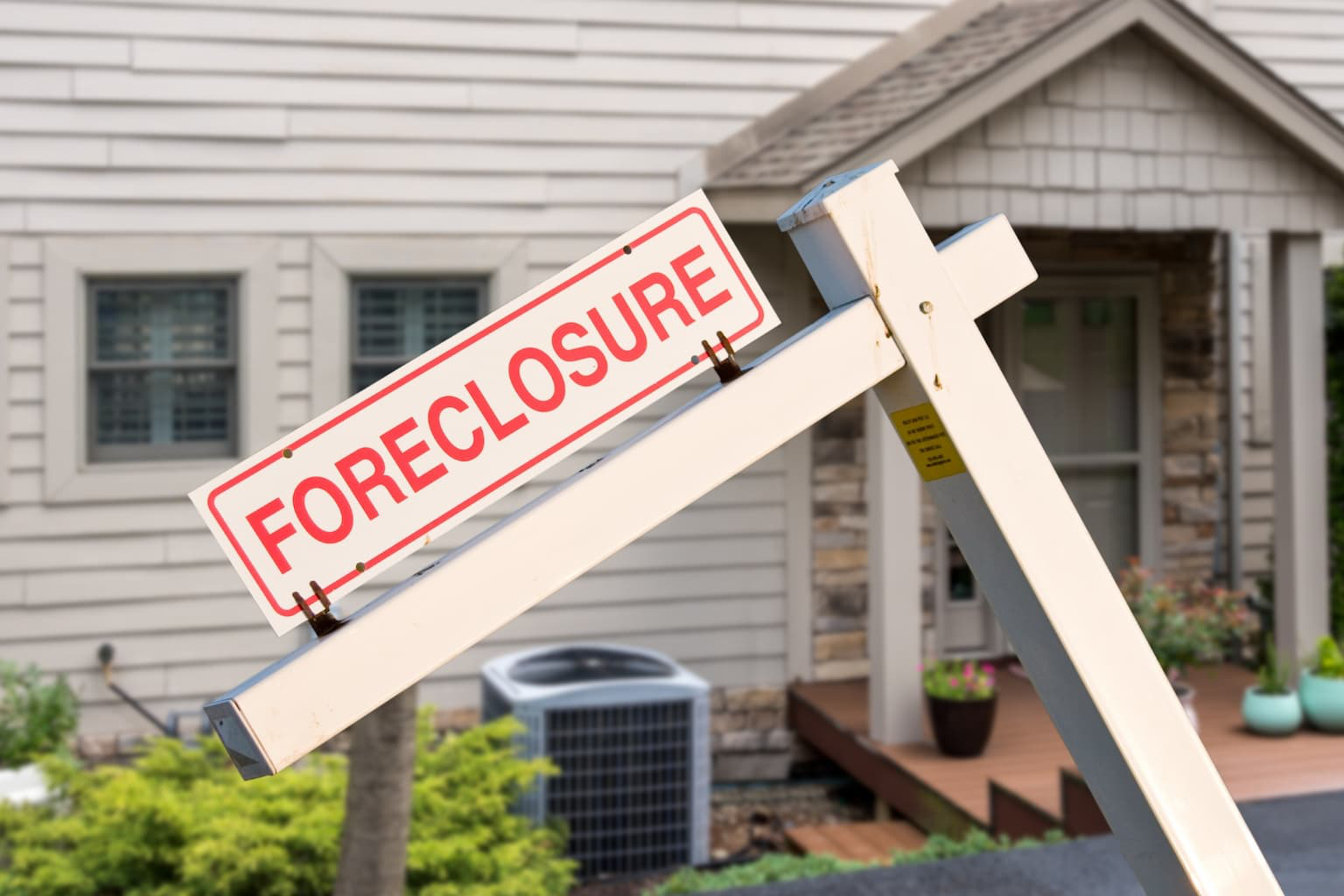What to Do If You’re Facing Foreclosure in California
If you’re looking for foreclosure help in California, know that support is available. Facing foreclosure can feel overwhelming, but with the proper steps, you can protect your home and regain control of your finances. From speaking with your lender to exploring government programs and legal aid, this guide will help you navigate the challenges ahead.
Understanding Foreclosure Help in California
When your home is at risk, understanding your options is the first step in protecting it. Foreclosure help in California begins with education and communication.
Learn the Foreclosure Process
Begin by learning key terms such as default, notice of default, and trustee sale. These steps are part of the legal process lenders follow when you miss payments.
Talk to Your Lender
Early communication is essential. Many lenders offer solutions such as:
- Loan modifications
- Repayment plans
- Forbearance options
Stay organized and keep a record of every call, email, or letter. The sooner you reach out, the more options you’ll have.

Hot Topic You Might Love: If you're exploring your options, don’t miss Avoid Foreclosure Fast for Cash. It’s getting attention and might surprise you.
Government Assistance Programs
If you're struggling financially, federal and state programs in California offer foreclosure relief.
Federal Programs
- HAMP (Home Affordable Modification Program) helps reduce monthly mortgage payments.
- FHA-HAMP is for FHA-insured loans and combines forbearance and loan modifications.
California Mortgage Relief Program
This state-run program offers grants to assist eligible homeowners in catching up on missed payments. You don’t have to repay the aid.
To get started, visit camortgagerelief.org or contact your local housing agency.

Non-Profit Organizations Offering Support
Many non-profit housing counselors in California can help you understand your rights and options.
Available Resources Overview
Non-profits offer:
- Budget and debt counseling
- Foreclosure prevention workshops
- One-on-one financial coaching
Need a quick explainer? Watch this helpful video on How to Stop Foreclosure for a visual guide on your options and next steps.
These resources are often free or low-cost and are designed to guide you through the crisis with confidence.

Local Assistance Programs
Local groups work within your community to provide personalized help. Some also offer legal aid and partner with housing authorities to deliver the most relevant services.
Live in the Bay Area? Visit our Pleasanton, CA page to find local experts who buy homes fast — even during foreclosure.
Loan Modification Options
If you're behind on your mortgage, a loan modification can make your loan more affordable.
Common Loan Modification Options
- Interest rate reduction
- Extended repayment terms
- Principal forgiveness (in some cases)
- Temporary forbearance
- Switching to a fixed-rate loan

If you're enjoying this, don’t miss Stop Foreclosure in California. It’s packed with proactive strategies to help you avoid losing your home — even if you're already behind on payments.
Short Sale Alternatives
If keeping your home isn’t possible, a short sale may be an option. This means selling your home for less than the amount you owe—often with your lender’s approval.
Work with an experienced real estate agent and consult your lender before moving forward.
Legal Resources for Homeowners
Legal support is vital when facing foreclosure in California.
Legal Aid Organizations
These provide:
- Free or low-cost legal help
- Assistance with lender negotiations
- Workshops and clinics to educate you on your rights

Tenant Rights Advocacy
If you’re renting a home that’s in foreclosure, you still have rights. Tenants are entitled to proper notice, habitability standards, and the return of security deposits.
Court Assistance Programs
Court-based programs help you:
- File responses to foreclosure notices
- Understand court procedures
- Access legal representation
Tips for Communicating With Lenders
Open communication can improve your chances of avoiding foreclosure.
Begin by preparing the necessary documents and being transparent about your financial situation. Use a respectful tone and keep detailed records of each interaction. If you're not seeing progress, don’t hesitate to follow up.
Steps to Take If You’re Facing Foreclosure
Here’s a checklist to guide you:
- Please call your lender right away.
- Research loan modification and repayment plans
- Could you contact a HUD-approved housing counselor?
- Could you document all interactions and financial details?
- Explore legal aid and court programs.
- Stay informed about your rights and responsibilities
Taking action early is key to finding the right solution.

Conclusion
Getting foreclosure help in California may seem overwhelming, but you have more options than you might think. From loan modification programs to non-profit and legal support, help is available at every stage. Don’t wait—reach out today, ask questions, and take steps toward protecting your home. You’re not alone, and with the proper guidance, you can find stability again.





